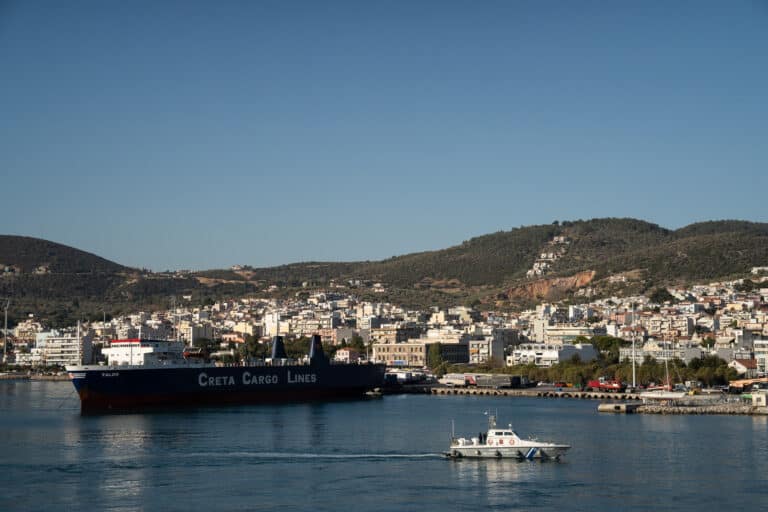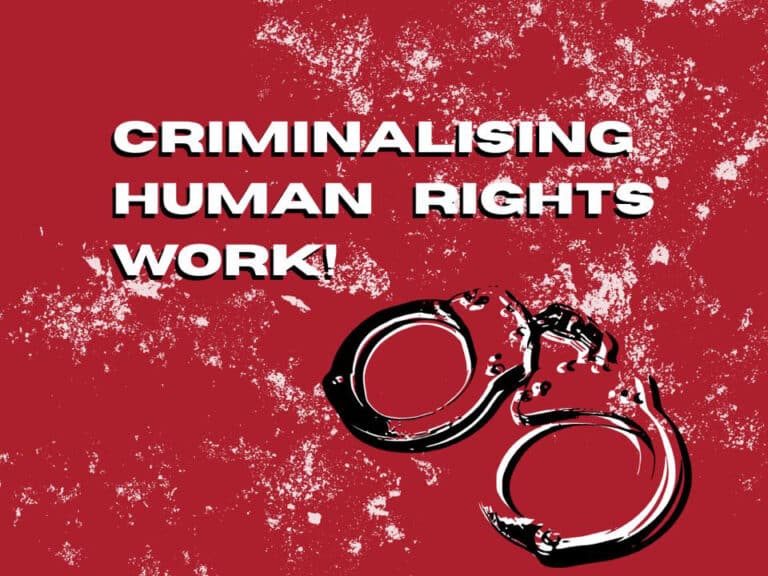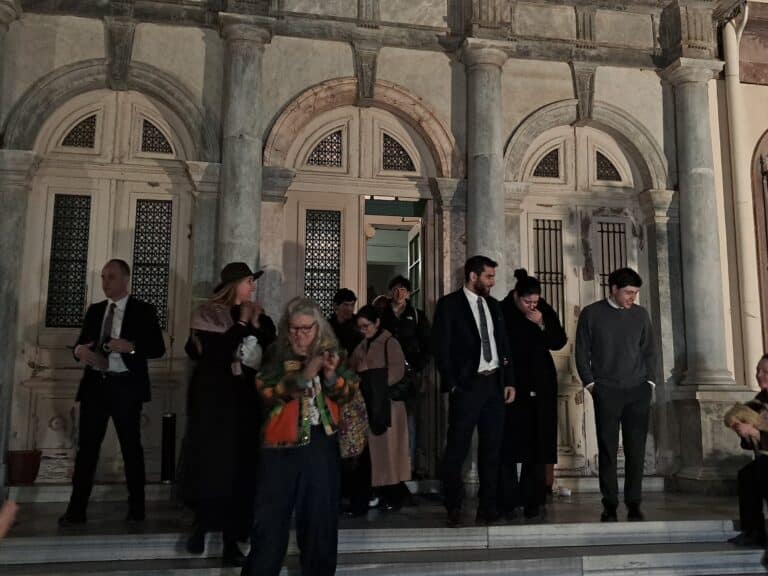CPTnet
6
May, 2011
IRAQ REFLECTION: Like Kerosene on a Wound
By Peggy Gish
Lightening and thunder burst over Suleimaniya as thousands of new security
forces carrying batons lined city streets. It was April 19, and the backup
soldiers positioned around the outskirts of the city got drenched in the storm.
A day earlier, the forces occupied the main square after removing protesters
who had been a constant presence there for 62 days. Demonstrations
were banned, with a “shoot to kill” order that was later changed to
“shoot the legs” of anyone who disobeyed.
“I don’t know what is happening to our society. Now our leaders are
killing their own people,” a university student told us, her eyes full of
pain and disgust. She too was walking around in the city center assessing the
situation the day after soldiers took over the square.
When we asked one of the soldiers from another Kurdish city what he thought about the protests, he
said, “These are just people trying to cause problems. We are here to keep
the peace.”
On our way home, another team member and I stopped when we saw a crowd of
students milling around peacefully in front of Suleimaniya University. About 15
students sat down quietly in the middle of the crowd.
“Sixteen buses of students were kidnapped when they
drove to the court house this morning,” a young woman told me. “They intended
to ask the judge why he is not doing anything about the crimes of killing
demonstrators. We are going to stay here until they are returned.” Another
student said, “We are being denied the right to speak out our concerns
freely.”
Soon security police arrived and stood in a line along the street. I walked up
and greeted several of them in Kurdish, with little response. My attempt to find and talk to their commander was interrupted
when the police started spraying water over the crowd. Then they charged into the crowd, beating
students with batons. We followed students as they hurriedly fled the
area. A block away we heard shooting and later found out that 75 students had been
injured and 100 arrested.
“They took our buses to a deserted area, and we were told not to phone anyone
or we would be beaten,” one of the students who had been taken captive on
the buses told us the following day. “At
first they took off the buses any student organizers, teachers, or members of
opposition parties, beat them, and took them away. Then any woman with a head
covering or any man with a beard were told to come down, and some were
beaten.”
He explained that after keeping them about eight hours, security forces let the
people go two by two to walk back to the edge of the city. When we asked him
how he thought this would affect the students who had been protesting, he said.
“It is like putting kerosene on a wound.”
Though public protests have been banned, many here tell us that the
determination of the people for change has not been crushed.



